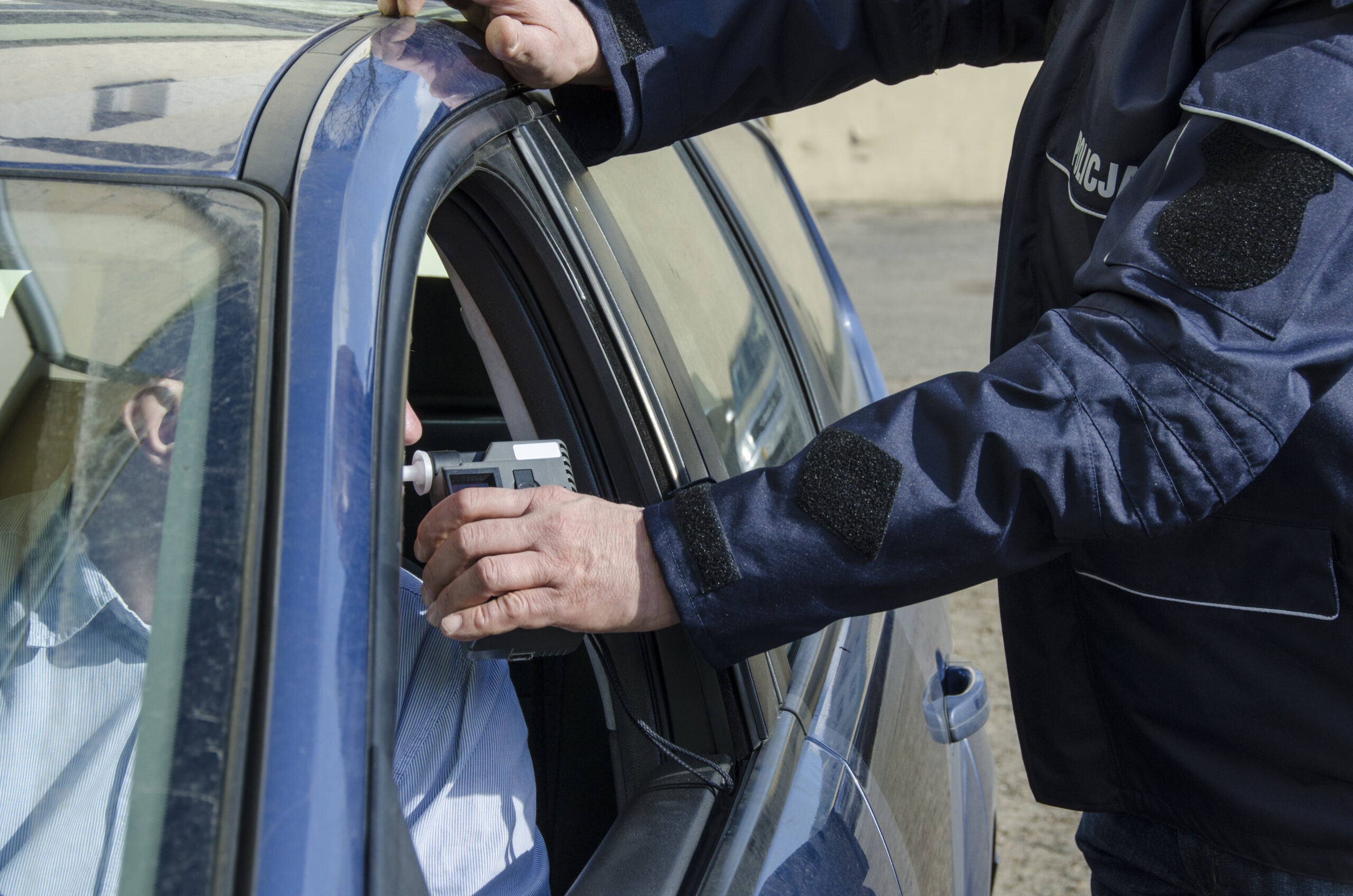It is no secret that theft is considered a serious crime. In fact, prison sentences of up to 10 years are possible even for a first offence. However, did you know that possession of stolen property is often treated just as seriously under the law? You may have never stolen anything in your life, but a conviction of theft by possession can still lead to a criminal record.
Here’s what you need to know about this charge and how it can affect those accused of theft. If you have additional questions or need legal representation, contact our law firm to speak with a theft lawyer in Toronto today.
What’s the Legal Definition of Possession of Stolen Property?
Possessing stolen property is a hybrid offence under the law. This means it can be charged by indictment or summary conviction. The crime itself is defined as possessing any property or the proceeds of property “knowing that all or a part of the property” was obtained via an indictable offence.
Because theft is an indictable offence, possessing an item that was procured through theft is a crime. This can happen if you buy a stolen Rolex from a street vendor, pay an online marketplace seller for a television they stole, or even if a friend gives you a gift that they shoplifted from your favourite boutique.
Do You Have to Know That Property Was Stolen?
While Canadian law defines possession of stolen property as only occurring when the defendant knows that the property was stolen, actual knowledge of a crime is not required. The Crown Attorney only needs to prove that you acted recklessly or were “wilfully blind” when you obtained the item.
For instance, think back to the stolen Rolex we mentioned earlier. If the street vendor is trying to sell it to you for $500 — even though it retails for closer to $7,000 — the deal may seem too good to be true. This could be a person’s downfall. The prosecutor could argue that the defendant ignored obvious signs that the watch was likely stolen.
What Are the Legal Penalties for Possessing Stolen Property in Canada?
While it may seem unfair, someone charged with possessing stolen property can face the same penalties as the individual who stole the item. If the value of the item is less than $5,000, the crime is punishable by two years if charged as an indictment.
Even if the Crown Attorney opts for summary conviction, you could be imprisoned for six months. If the item is worth more than $5,000, you could face up to 10 years in prison. Clearly, the stakes are extremely high.
Anyone charged with such a crime should seek legal assistance immediately.
 647-503-5251
647-503-5251






